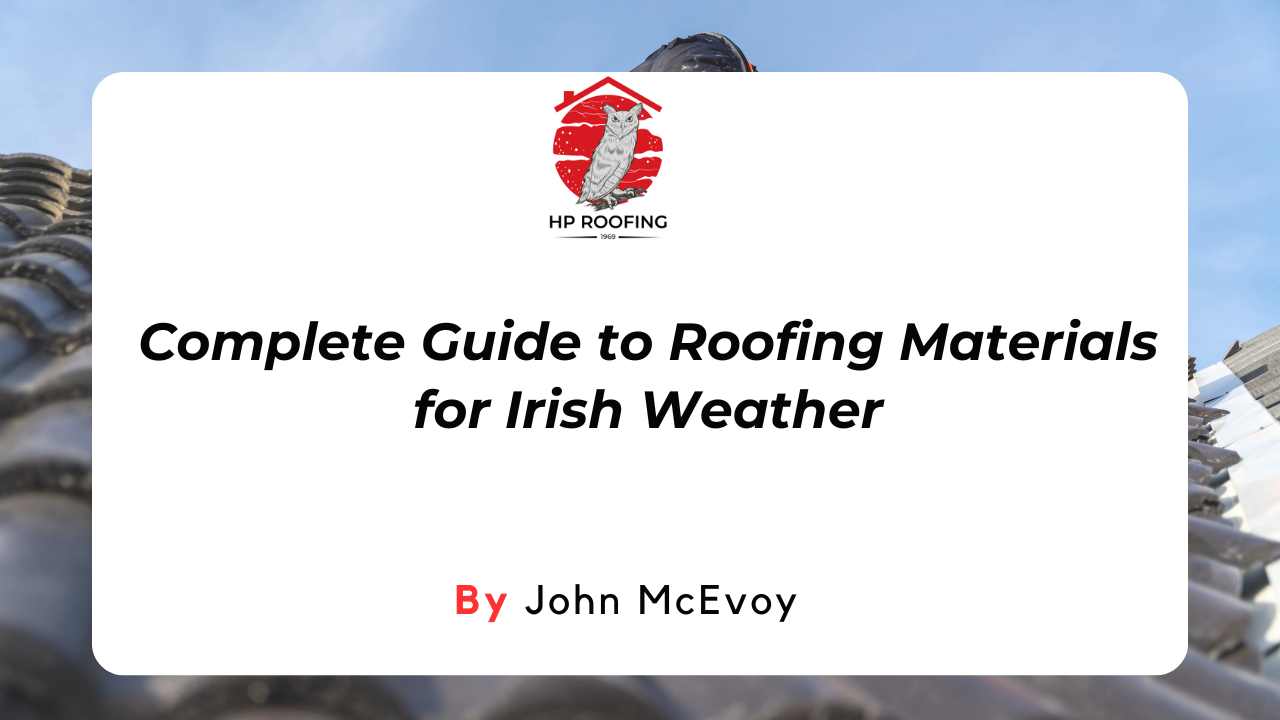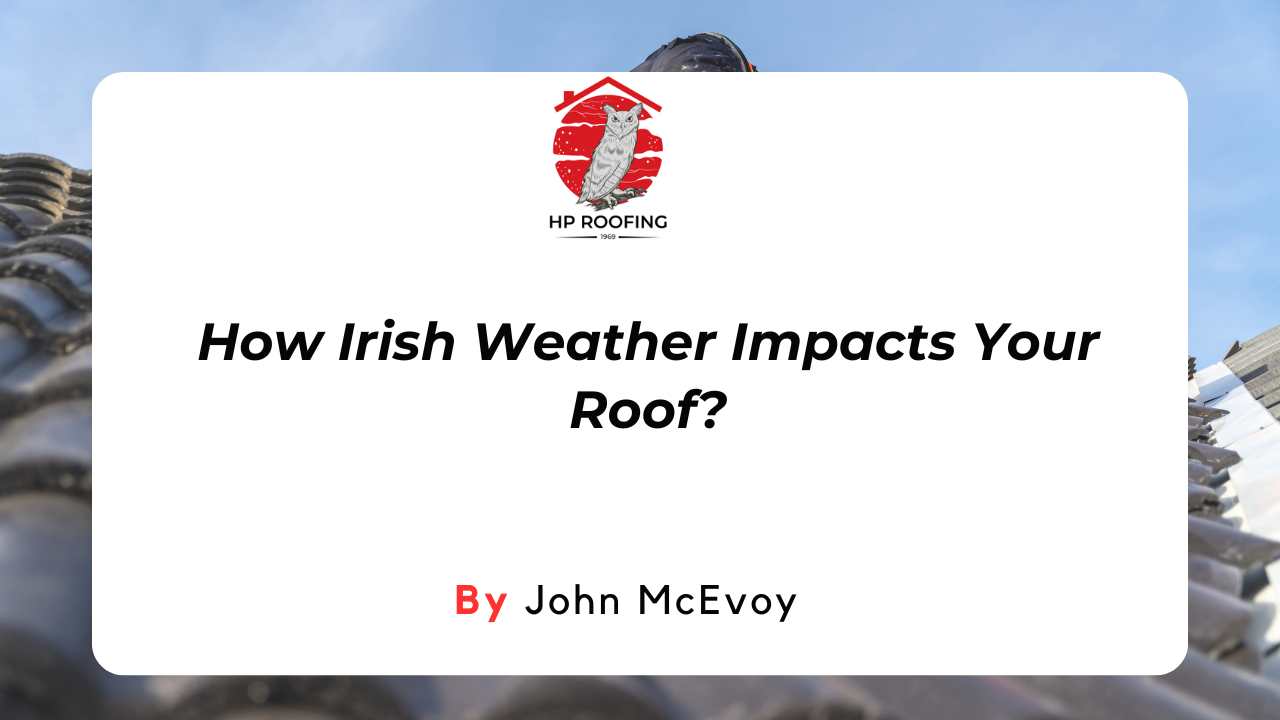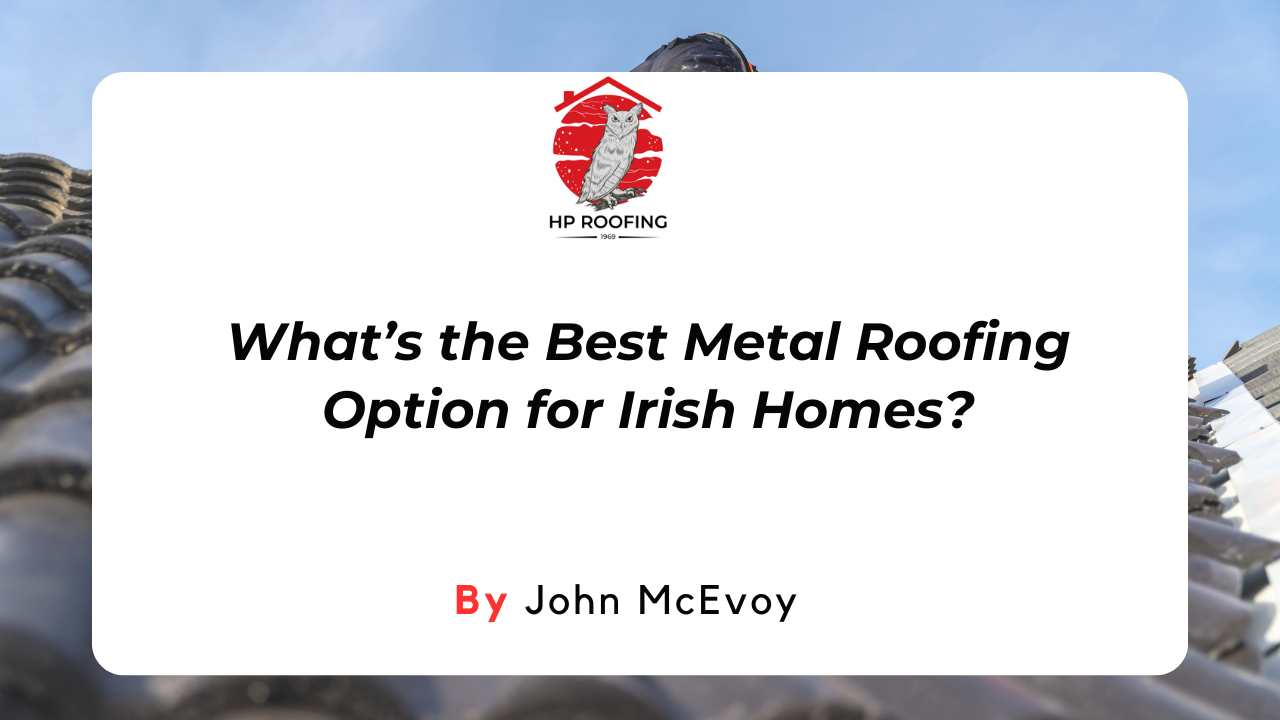When it comes to commercial flat roofing, many property owners ask, what is the difference between SBS and BUR roofing. These two roofing systems are both durable and reliable options, but they each have their own unique characteristics.
In this post, we'll look into the key differences between SBS and BUR, so you can choose the best roofing option for your building.
What is SBS Roofing?
SBS stands for Styrene-Butadiene-Styrene, which is a fancy name for a type of rubber-modified bitumen. This material is more flexible than regular asphalt, which means it can handle extreme weather without cracking.
SBS roofing is often installed using a torch-down method. It means the underside of the membrane is heated, so it sticks firmly to the roof and creates a smooth, waterproof surface.
What are the Key Benefits of SBS Roofing?
1. Flexibility:
Great for buildings in areas with big temperature swings.
2. Weather resistance:
Resists UV rays and tough weather conditions.
3. Fewer seams:
Torch-down application reduces the risk of leaks.
4. Durability:
Less likely to crack or get damaged by impact.
What is Built-Up Roofing (BUR)?
Built-Up Roofing, or BUR, is one of the oldest flat roofing systems around. It’s made by layering bitumen (usually asphalt) with reinforcing fabrics like fiberglass or polyester, then topping it off with gravel or mineral granules.
Think of it like a sandwich: multiple protective layers stacked together to form a thick, strong, and long-lasting roof.
What are the Key Benefits of BUR?
1. Excellent waterproofing:
Multiple layers offer strong leak protection.
2. Proven durability:
With proper care, BUR can last for decades.
3. Low maintenance:
The layered design doesn’t need much upkeep.
4. Ideal for large roofs:
Commonly used on big commercial and industrial buildings.
What is the Difference Between SBS and BUR Roofing?
Now that you know what each roofing system is, let’s take a closer look at the key differences between SBS and BUR.
1. Installation

- SBS: SBS roofs are typically installed using the torch-down method, where heat is applied to the underside of the membrane, allowing it to bond smoothly to the roof. This results in a smooth, watertight surface with fewer seams.
- BUR: BUR is more labour-intensive, requiring multiple layers of bitumen and fabric to be applied using either hot or cold bitumen. The final layer is often covered with gravel or minerals to protect the roof from UV rays and provide extra strength.
2. Composition
- SBS: SBS roofing is a single-ply modified bitumen membrane made with Styrene-Butadiene-Styrene, a synthetic rubber. This gives it excellent flexibility and makes it ideal for extreme weather conditions.
- BUR: BUR, on the other hand, is made of multiple layers of bitumen and reinforcing fabrics, topped with a final layer of gravel or minerals for additional UV protection and durability.
3. Flexibility
- SBS: One of the standout features of SBS roofing is its flexibility. The synthetic rubber in SBS allows the roof to expand and contract with temperature changes, reducing the risk of cracking or splitting in extreme weather.
- BUR: BUR roofing is more rigid due to its multi-layered construction. While it’s extremely durable, it doesn’t have the same flexibility as SBS and is less adaptable to temperature fluctuations
4. Cost
- SBS: Generally, SBS roofing is more affordable to install than BUR, especially for smaller projects. However, the final cost can vary depending on the roof size, complexity, and installation method.
- BUR: BUR tends to be more expensive due to the multi-layer installation process and longer labor time. But, it’s a great investment if you need a highly durable roofing solution that can withstand tough conditions.
5. Durability and Maintenance

- SBS: SBS roofs are incredibly durable, with lifespans ranging from 20 to 30 years. While SBS is low-maintenance overall, the seams created during installation can be vulnerable to wear and may need occasional inspection and repairs.
- BUR: BUR systems also have a lifespan of 20 to 30 years, and they require very little maintenance, due to their layered construction. However, the gravel or mineral layer may need occasional upkeep to prevent damage and ensure proper drainage.
Which Roofing System is Right for You?
The choice between SBS and BUR largely depends on your specific needs:
- SBS: If you’re looking for a roofing system that’s flexible, easy to install, and resistant to extreme weather conditions, SBS might be the better choice for your building.
- BUR: If you need a highly durable, low-maintenance roofing solution with excellent waterproofing properties, BUR is a great option, especially for large commercial or industrial buildings.
Need Help to Choose the Right Roof?
Still unsure which one is right for your project? Talk to the roofing professionals at HP Roofing. With years of experience in commercial and industrial roofing across Ireland, they’ll help you choose the right system for your property—and make sure it’s installed to the highest standards.
Visit HP Roofing to request a quote or schedule a consultation today!
Conclusion
So, when it comes to the difference between SBS and BUR roofing, we need to understand their flexibility, installation methods, and durability.
SBS is great for regions with harsh weather, offering flexibility and ease of installation. BUR, on the other hand, provides long-lasting protection and is ideal for large, flat roofs that need to withstand heavy wear and tear.
















